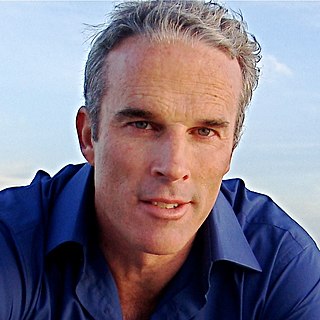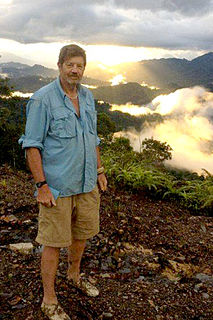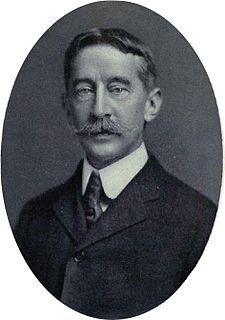A Quote by Helena Blavatsky
Even in our day, science suspects beyond the Polar seas, at the very circle of the Arctic Pole, the existence of a sea which never freezes and a continent which is ever green.
Related Quotes
But the idea of science and systematic knowledge is wanting to our whole instruction alike, and not only to that of our business class ... In nothing do England and the Continent at the present moment more strikingly differ than in the prominence which is now given to the idea of science there, and the neglect in which this idea still lies here; a neglect so great that we hardly even know the use of the word science in its strict sense, and only employ it in a secondary and incorrect sense.
The sea erupted. Often the sea and land changed places. The immobility of contours of continents and seas, a dogma in geology, has no basis in fact. And immediately there is the problem of the climate. There were ancient climates that were very different from what they are today. If those corals grew where they were found, certainly the Earth was not travelling with the same elements of rotation and revolution which means not in the same orbit, not with the axis directed in the same position as it is today. If you don't believe it, try to conservate corals on the North Pole.
Far away in Montana, hidden from view by clustering mountain-peaks, lies an unmapped northwestern corner- the Crown of the Continent. The water from the crusted snowdrift which caps the peak of a lofty mountain there trickles into tiny rills, which hurry along north, south, east and west, and growing to rivers, at last pour their currents into three seas. From this mountain-peak the Pacific and the Arctic oceans and the Gulf of Mexico receive each its tribute. Here is a land of striking scenery.
However baby man may brag of his science and skill, and however much, in a flattering future, that science and skill may augment; yet for ever and for ever, to the crack of doom, the sea will insult and murder him, and pulverize the stateliest, stiffest frigate he can make; nevertheless, by the continual repetition of these very impressions, man has lost that sense of the full awfulness of the sea which aboriginally belongs to it.



































